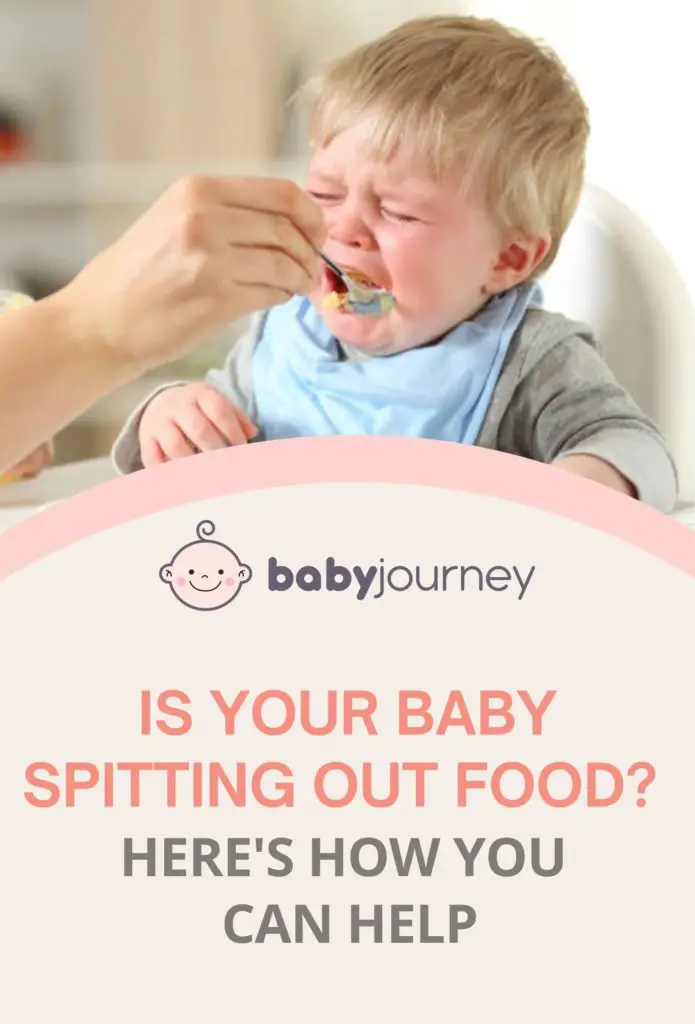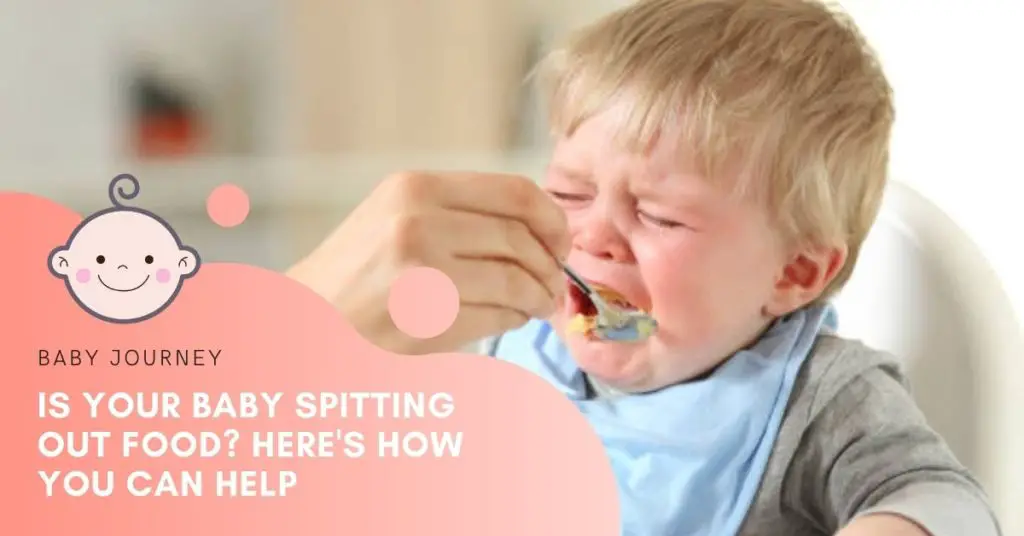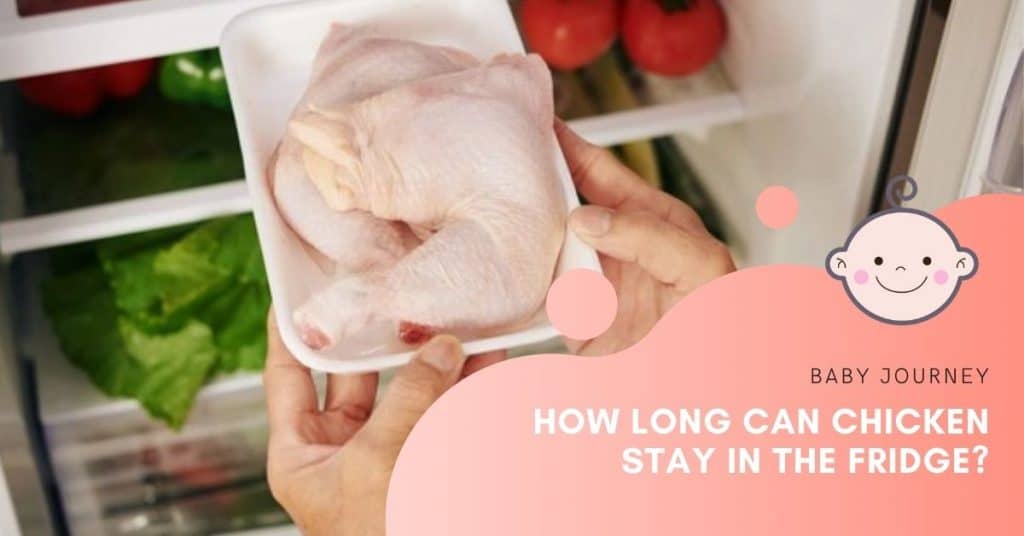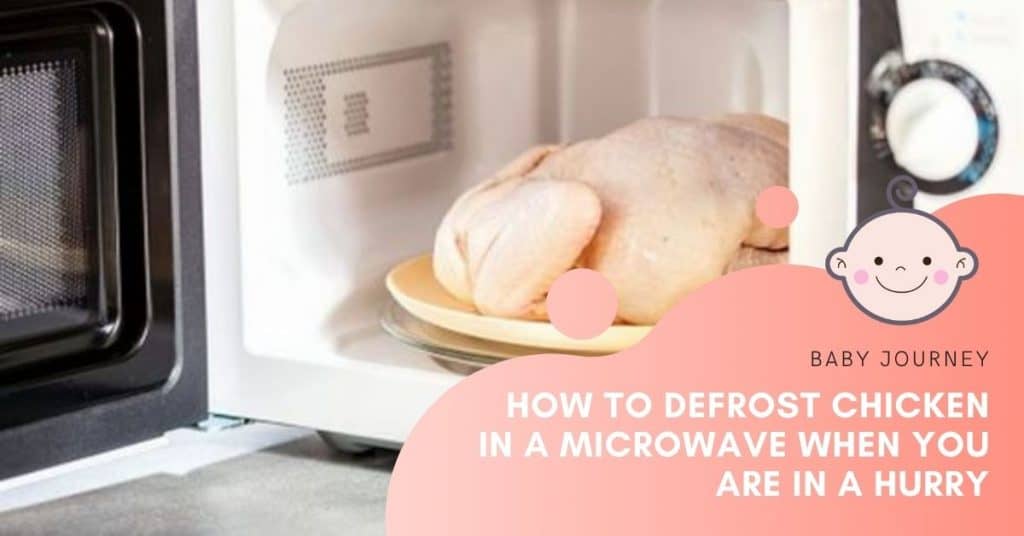As a new mom, I was no stranger to my baby spitting out food. Shortly after my daughter was born she had a hard time keeping milk down. I was worried and wondering what to do. Was she getting enough food? Was something wrong with her mouth or digestive system? I found myself desperately researching how to get my baby to stop spitting up and if my baby spits up should I feed again?
I made it through this stage and thankfully didn’t have to deal with toddler spitting. You can get through this too! We have compiled this guide to tell you everything you need to know about babies and children spitting up their food, spitting out food, and even spitting out their food as well as how to manage all three.
Why Is My Baby Spitting Out Food?
Babies, toddlers, and older children can spit out food for a variety of reasons. While toddlers and school-aged children generally spit food due to the texture or taste, babies typically aren’t as picky and it might be related to a physical reflex. It is important to evaluate why your child is rejecting the food so you can properly address it and stop spitting behavior.
Is your newborn not keeping food down? Children this young aren’t doing it to be difficult. You might notice them fussing at the breast or bottle, and then experience your baby spitting milk out while feeding or shortly after.
Underdeveloped Digestive Systems
A young baby spitting out milk is usually because of their underdeveloped digestive systems. If they eat too much or too quickly and swallow air in the process, the milk can come back up and out of their mouth or nose.
When do babies stop spitting up so much? Spitting up breast milk or formula can continue until your infant is about six months old. At this point, their stomach sphincter muscle is getting stronger and can help hold down food. Additionally, the introduction of solid foods should help with spitting up.
Learning to Chew and Swallow
Speaking of solid foods, children who are just beginning to eat can be seen chewing food and spitting it out. This isn’t unusual when they’re first switching from milk and/or trying something new, such as in the event of introducing solids.
First foods are really to help little ones practice their oral motor skills and strengthen the muscles of their mouths. They’re especially important for kids learning how to push food back in their mouth and practice swallowing. With solids like oatmeal or rice cereal, they are exploring taste, texture, and other sensory processes. If your baby is occasionally spitting out cereal it may not be a cause for worry.
Medical Issues
Sometimes babies spitting out food can be related to medical issues. However, allergies, sensitivities, and problems like acid reflux can trigger spitting. There are commonly other signs associated with these complications, such as excessive crying, constipation, and more. If you think your child’s spitting problem could be due to more than just development, it is a good idea to contact their pediatrician.
There isn’t a clear answer for “can teething cause spitting up?”. Though the excess drool of teething may play a role. Children experiencing teething may put a finger in their mouth, accidentally triggering the gag reflex.
Toddlers are an entirely different story. In most cases, toddlers spitting out food or toddlers throwing food has more to do with taste, texture, and behavior rather than physical reasons.
They could be triggered by the new taste or texture, they could truly not like food (in most cases with vegetables!), or they could be trying to test your patience. Sometimes they just want to feed themselves a meal, either with a finger or utensil! Many parents find that when their toddler spits out food it isn’t because they’re sick, there is another motive.
When Do Babies Stop Spitting Up So Much and Learn to Keep Food Down?
Even if you know why your baby is spitting up, it can still be worrisome seeing food come back out of their mouth. Thankfully, many babies stop spitting up when solid foods are introduced around six months of age. Generally, by 10 months to a year spit up has drastically decreased as the child’s digestive system is more mature. It isn’t that they need to learn to keep food down so much as it is their body needs to grow and develop.
If your child is still having a problem with spitting up food when they are closer to the one-year mark, there may be other issues going on.
Most of these problems, like GERD (gastroesophageal reflux disease) [1], come with other symptoms that you will probably notice before 10 months. If your baby is a happy spitter or unbothered by the spit-ups, then you shouldn’t worry too much. They either don’t have GERD or reflux or have it but it isn’t causing them distress. If you notice excessive crying, weight loss, dehydration, choking, failure to thrive, or blood in the spit-up, the issue is more serious. You should reach out to your child’s doctor.
Even though most babies grow out of reflux by their first birthday, if they exhibit the above symptoms you shouldn’t wait for them to grow out of it. They may need medication.
Allergies, a sensitivity to things like dairy, or just a cold can also make your baby spit-up. Allergies and sensitivities need to be addressed by a doctor and will usually present with other symptoms like a rash. If this is the case, you might need to seek a “-free” version, like dairy-free or soy-free to eliminate the allergen. A cold as well will have noticeable side effects, like mucus that could certainly trigger spitting up.
If you believe your babies spit up is normal, and they are a happy spitter, there are a few methods you can try to decrease the amount they spit out their food.
How To Get My Baby To Stop Spitting Up?
For babies younger than six months, or those who are still largely not fed solid foods, here is what you can try.
- Burp your baby. It can take a surprisingly long time to get a good burp out, but it is worth it. Releasing trapped gas through burping may help prevent the air bubble from bringing food up with it later.
- Try paced feeding. Instead of letting your baby quickly suck down a bottle try this method of bottle feeding that mimics breastfeeding. Sit your baby up more vertically and hold the bottle more horizontally, slowing the flow of milk. After about thirty seconds, tip the bottle down to stop the flow, letting your baby take a break, then repeat. Follow their cues! If you are breastfeeding and notice your child eating quickly, you can take breaks to burp them then place them back on the breast.
- Don’t overfeed your baby. It is easier said than done, but bottle-fed babies can sometimes overeat. Paced feeding can help, as well as watching your baby’s cues to know when they’re satisfied.
- Keep them vertical. When your child is done eating, keeping them upright may help. Don’t squish their stomach or lay them flat. You will likely need to support them to accomplish this.
- Don’t bounce or play for 20-30 minutes after eating. Limiting activities after eating to things that are more sedentary and gentle may help decrease the chances of your little one spitting up.
What to Do When Dealing With Baby and Toddler Spitting
Is your older baby or toddler spitting up? The trick is to determine why then you can use the below methods to try and help manage the spitting up behavior.
#1 Feeding Therapy
Feeding therapy can be sought for children who spit out their food, gag on their food, refuse to eat, vomit after eating, or display a variety of other food-averse behaviors. However, feeding therapy isn’t always needed and is much more than simply teaching a child to eat. Certified therapists work with you and your family to diagnose the root of your child’s behavior and employ skills and strategies to improve eating.
Feeding therapy teaches oral skills like coordination, strength, and motor development. It helps with food orientation or introducing a variety of flavors and textures, and it helps to make mealtimes happier overall.
#2 Practice With a Toothbrush or Teether
If your young toddler is sensitive to different food textures or seems to be having sensory processing issues, you may be able to help with a baby toothbrush or teether.
Use the toy or toothbrush to rub your child’s gums a few times a day. This will help to desensitize their mouth, cause their tongue to move around and become stronger, and lets them practice chewing.
This is great for children who are learning to eat and can be used in combination with spoon feeding; particularly when you are beginning baby-led weaning.
#3 Try Changing the Food Form or Size
If you suspect that the flavor isn’t to blame, but it is instead the texture, altering the food may help. Instead of whole peas, try offering mushy peas. Cubed potatoes can be mashed, scrambled eggs can be baked into breakfast egg cups, zucchini added to muffins. The options to change up the menu are nearly endless! Sometimes just changing the size of the food can be beneficial too, especially if your child is having difficulty chewing.
Whatever you do, don’t turn eating into a negative experience. When your baby spits out food it can be stressful. When toddlers are spitting in food it can be downright irritating.
But try to remain calm and keep the situation fun. Offer sips of water, keep your mood pleasant, and even offer toys or distractions if you think it will help. Don’t get angry, yell, force, or frighten your child; this will likely only make the problem worse.
The behavior should pass with time, but if you are truly concerned it doesn’t hurt to reach out to your child’s doctor for advice.
Stop Food Spitting With These Simple Tips
Babies and toddlers all may go through a phase of spitting out their food. Sometimes it is a medical or physical issue while other times it is a behavior. By trying to find and address the root of the cause you can help to decrease the chance of your little one spitting up.
We would love to hear your tips or questions in the comments, they can help another parent who is going through the same thing!
Hopefully, this article provided you with some great strategies and you’re on your way to happier meals.
—




